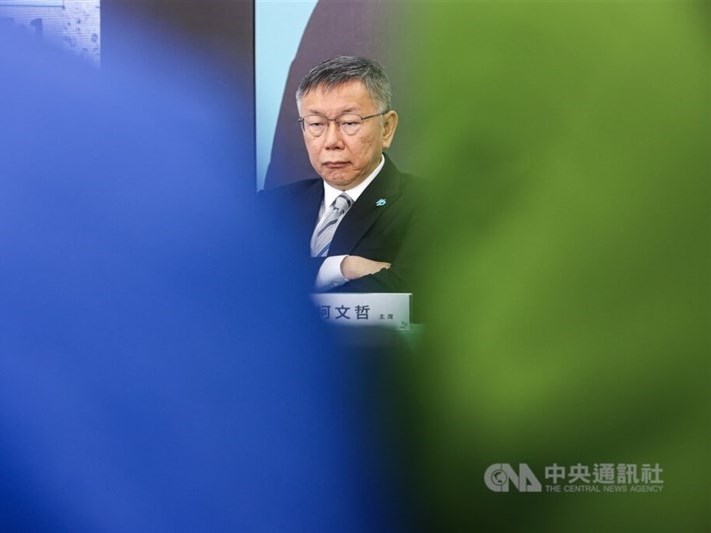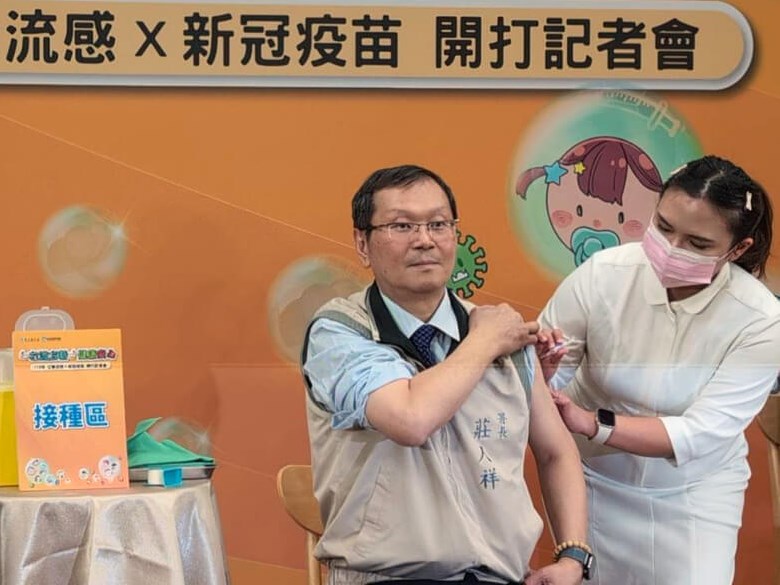On Aug 6, the Constitutional Court will hear oral arguments on executive oversight amendments passed by opposition Kuomintang (KMT) and Taiwan People's Party (TPP) lawmakers and opposed by the ruling Democratic Progressive Party (DPP).
(Full text of the story is now in CNA English news archive. To view the full story, you will need to be a subscribed member of the CNA archive. To subscribe, please read here.)
More in Q&A
-
![Why is Taiwan's Legislature suddenly talking about cousin marriage?]() Why is Taiwan's Legislature suddenly talking about cousin marriage?Taiwan's Legislative Research Bureau recently issued a report analyzing the possible relaxation of kinship marriage laws, following the high-profile case of a couple in Kaohsiung whose marriage was retroactively dissolved.11/25/2025 05:52 PM
Why is Taiwan's Legislature suddenly talking about cousin marriage?Taiwan's Legislative Research Bureau recently issued a report analyzing the possible relaxation of kinship marriage laws, following the high-profile case of a couple in Kaohsiung whose marriage was retroactively dissolved.11/25/2025 05:52 PM -
![What is Core Pacific Case, how is TPP Chairman Ko involved?]() What is Core Pacific Case, how is TPP Chairman Ko involved?The high-profile detention of former Taipei mayor and incumbent Taiwan People's Party (TPP) Chairman Ko Wen-je (柯文哲) was extended for another two months on Friday, as prosecutors continue their investigation into alleged corruption known locally as the "Core Pacific City case."11/01/2024 07:32 PM
What is Core Pacific Case, how is TPP Chairman Ko involved?The high-profile detention of former Taipei mayor and incumbent Taiwan People's Party (TPP) Chairman Ko Wen-je (柯文哲) was extended for another two months on Friday, as prosecutors continue their investigation into alleged corruption known locally as the "Core Pacific City case."11/01/2024 07:32 PM -
![Taiwan's free flu and COVID-19 vaccination program]() Taiwan's free flu and COVID-19 vaccination programTaiwan kicked off its free influenza and COVID-19 vaccination program at hospitals and other medical facilities across the country on Tuesday.10/01/2024 03:58 PM
Taiwan's free flu and COVID-19 vaccination programTaiwan kicked off its free influenza and COVID-19 vaccination program at hospitals and other medical facilities across the country on Tuesday.10/01/2024 03:58 PM
Latest
-
Society
Liyu Lake pedal boat operator released on bail after 9-year-old drowns
02/20/2026 08:12 PM -
Society
Frontal weather systems forecast to impact Taiwan Tuesday evening
02/20/2026 07:34 PM -
Society
Vietnamese workers abroad mark Tết through video calls
02/20/2026 07:27 PM -
Culture
11 hospitalized after SUV loses control, crashes into oncoming vehicle
02/20/2026 06:27 PM -
Society
Soft hail falls on Hehuan Mountain
02/20/2026 03:51 PM


